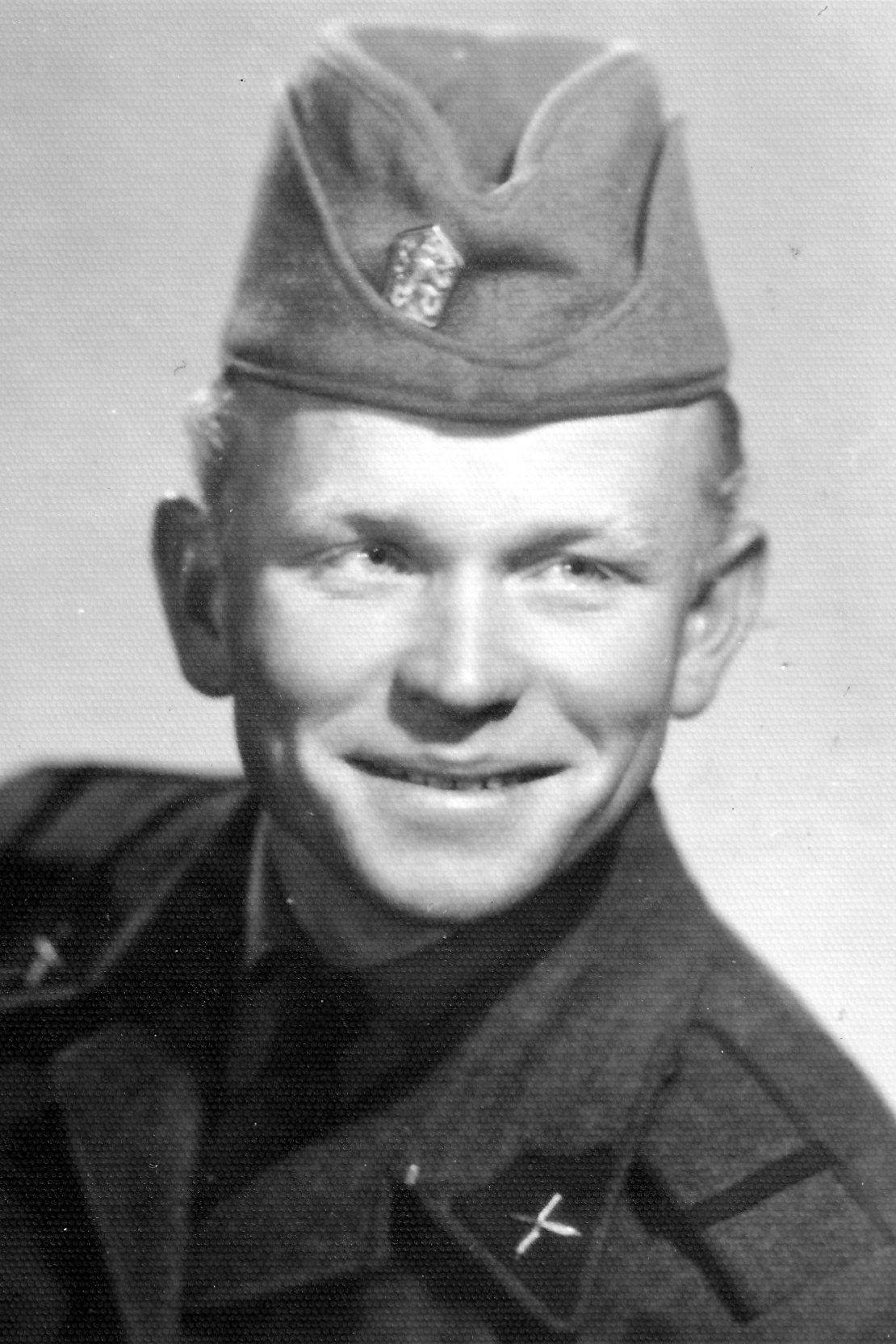My father survived the Russian front. He died of starvation in the camp in Kuřim

Stáhnout obrázek
Josef Zawadský was born on 30 April 1941 in Dolní Benešov in the Hlučín region, which at that time belonged to the German Reich. His father had to enlist in the Wehrmacht and he was sent to the Russian front. In 1946 he returned from captivity, but died in the prison camp in Kuřim. Josef remembers the front going across Dolní Benešov in the spring of 1945. After 1948, when the Communists began to rule Czechoslovakia, he experienced the collectivization of agriculture. His mother owned about three hectares of fields and refused to join a cooperative farm. Josef Zawadský trained as a bricklayer and graduated from a building technical seconndary school. He worked in the enterprise Pozemní stavby (Ground Constructions) Ostrava and then in the armature factory in Dolní Benešov. During a party interview after the invasion of Czechoslovakia by Warsaw Pact troops in 1968, he expressed his opposition to the occupation. After the fall of the communist regime in 1989, he was mayor of Dolní Benešov for the Czechoslovak People‘s Party (ČSL) for twelve years. In 2022 he was still living in the same place.


























